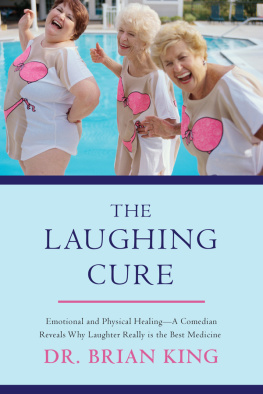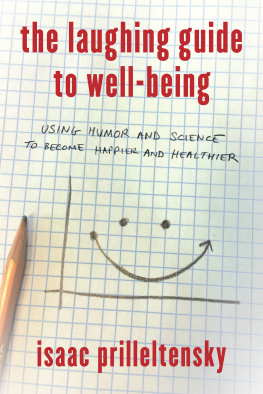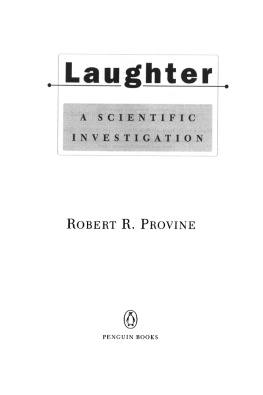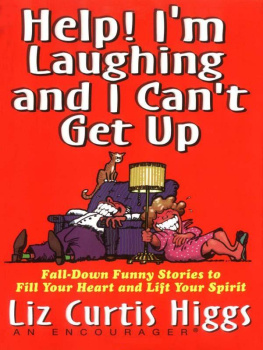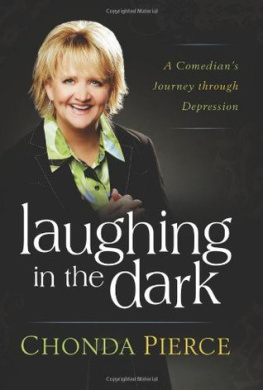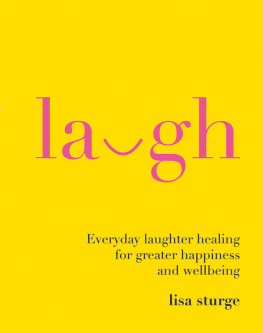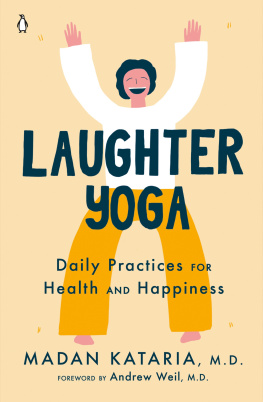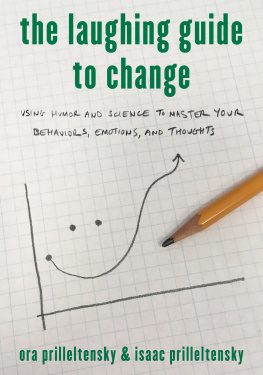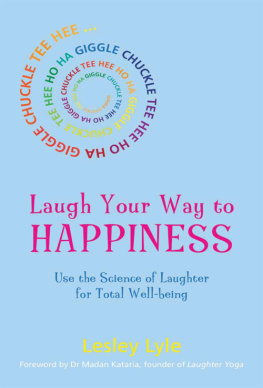Copyright 2016 by Brian King
All rights reserved. No part of this book may be reproduced in any manner without the express written consent of the publisher, except in the case of brief excerpts in critical reviews or articles. All inquiries should be addressed to Skyhorse Publishing, 307 West 36th Street, 11th Floor, New York, NY 10018.
Skyhorse Publishing books may be purchased in bulk at special discounts for sales promotion, corporate gifts, fund-raising, or educational purposes. Special editions can also be created to specifications. For details, contact the Special Sales Department, Skyhorse Publishing, 307 West 36th Street, 11th Floor, New York, NY 10018 or .
Skyhorse and Skyhorse Publishing are registered trademarks of Skyhorse Publishing, Inc., a Delaware corporation.
Visit our website at www.skyhorsepublishing.com.
10 9 8 7 6 5 4 3 2 1
Library of Congress Cataloging-in-Publication Data is available on file.
Cover design by Rain Saukas
Print ISBN: 978-1-5107-0249-3
Ebook ISBN: 978-1-5107-0250-9
Printed in the United States of America
For my mother, who taught me how to laugh, and
Sarah, who makes sure that I laugh everyday.
CONTENTS
INTRODUCTION
Hi.
Ive always thought that a simple hi is the best way to break the ice with someone, and as I am introducing myself to you it seemed like a natural, fully appropriate way to kick off this paragraph. After all, I am a very simple guy; I have simple needs and values, laugh at stupid things, and make a living out of simplifying ridiculously complex concepts to make them more comprehensible to average, simple guys like myself. People needlessly complicate their lives and too often writers use elaborate, colorful language or take entirely too long to get to their point (see what I did there?). So, hi.
My name is Dr. Brian King, and I am both a psychologist and a stand-up comedian. A lot of people think thats an unusual combination; but actually, I know of several people, including a few personally, who could claim the same thing. My specific brand of psychology is called biopsychology, a term synonymous with behavioral neuroscience, which youre more likely to have heard of. Its the study of the brain as the basis for behavior. Biopsychology and comedy is a combination that is more unusual than general psychology and comedy, and I used to think I was the only combiner of them. This changed a few years ago when I performed in a show in Austin, Texas. Austin is one of the greatest cities our society has ever produced and home to my college alma mater, the University of Texas. The comedian before me, Juan Salinas, was a professor of neuroscience at the school, and thanks to him, I can no longer call myself the only stand-up comedian trained in neuroscience. Coincidentally, it turned out that Dr. Salinas even received his PhD with two future professors who later helped me get mine at the University of New Orleans. It seems that comedy and neuroscience are small worlds. However, I dont normally identify as a neuroscientist; I think of myself more as a general psychologist and thats what Ill refer to myself as going forward.
I like to think that comedy and psychology are highly related to one another. For example, as a psychologist I make observations on human behavior. As a comedian, I make fun of it. Psychologists like to point out that everyone, by virtue of being a member of this species, is an amateur psychologist. This is especially true of comedians, who observe behavioral phenomena that the rest of us might miss and come up with commentary or an explanation, a hopefully funny one. Comedians are master communicators and are very sensitive to body language, nonverbal cues, and other subtleties in the same way that a good therapist is attuned to clients. Writing good comedy requires insight into the human experience, not just for the mining of material, but also to be relatable to an audience. I think the two fields definitely draw from the same fundamental skill set.
Depending on your point of view, Im either a psychologist who performs comedy or a comedian who happens to have a doctorate. I think of myself as the latter, and believe it or not, getting my PhD was my backup plan. As far back as I can remember, I always wanted to be a comedian. I started thinking about it while in college in Austin, so I guess thats as far back as I can remember. At the risk of dating myself, I was there when a comedy club called the Velveeta Room opened up on East 6th Street and I would pop in on a regular basis. I became familiar with some of the local comedians and they urged me to give it a shot, and holy crap I wanted to, but something held me back. Then I moved, and moved again, and again, and a few more times in pursuit of my PhD and later my struggling psychology career. Years later, I was living in San Francisco and walked past a sign for the San Francisco Comedy College and a light bulb went off. I had no idea such a place existed, and although I dont believe in fate, I felt that I was definitely in the right place at the right time of my life. I signed up for the very next class I could, and was hooked on performing from that moment on.
Comedy felt right. Looking back on my life, the only thing I have ever consistently been able to do well is make people laugh. I was a class clown and entertained my family. I made friends through laughter, filmed comedy skits in graduate school to relieve stress, and was a decent professor mainly because my students enjoyed my sense of humor. After I had been doing stand-up for a few years, I got a call from someone who organizes continuing education courses. He had heard about my experience in comedy and my background in psychology and thought marketing seminars taught by a psychologist/comedian might generate additional interest. I agreed and started touring as a comedic public speaker and its proven to be one of the best decisions Ive ever made. I now give seminars on happiness, humor, and health to thousands of people all over the country each year. Combining psychology and comedy even led to my having the opportunity to write this book.
Oh, and despite my introduction and the cover, I dont regularly go by Dr. Brian Kingthats my stage name. It helps me distinguish myself from all the other white, fat, male comedians in the world (there are a lot of us out there). I cant say its made me famous, but I have been identified on the street as that doctor comedian more than once, and no, it wasnt by my mom. You can call me Brian.
Now how was that for a simple introduction?
As a psychologist, I am really interested in ways we can make life better. As a comedian, I am really interested in making people freaking laugh, and laughter makes life better. Laughter relieves stress. It does, trust me on this for now, but it does. In this book Im going to discuss the importance of having a sense of humor and the impact it has on our mental and physical health. Enjoying and appreciating a good laugh, recognizing humor in life, and most importantly not taking life too seriously is enormously beneficial. Life is a serious subject, seriously it is, but paradoxically the very serious lesson is that we should not take it too seriously, so please dont. I dont, and Im a professional.
Lets begin with the psychological benefits of humor. How does humor help us emotionally?
Ive often thought of this as a good question while smugly complimenting my own inquisitiveness. Let us frame the discussion of taking life less seriously by first discussing the opposite. There are a handful of psychological disorders, most notably clinical depression and anxiety, that we collectively refer to as emotional disorders. These are HORRIBLE disorders. They severely impact the quality of life of the individuals who suffer from them and also that of the people around themtheir family, friends, peers, classmates, and coworkersand also the greater society at large. Depression currently places the largest burden on our society in terms of reduced years of healthy life, Finally, it has disastrous ultimate consequences if an individual unfortunately succumbs to suicide as a result of the condition. Emotional disorders are an extremely serious topic, and one that I do not often joke about.

